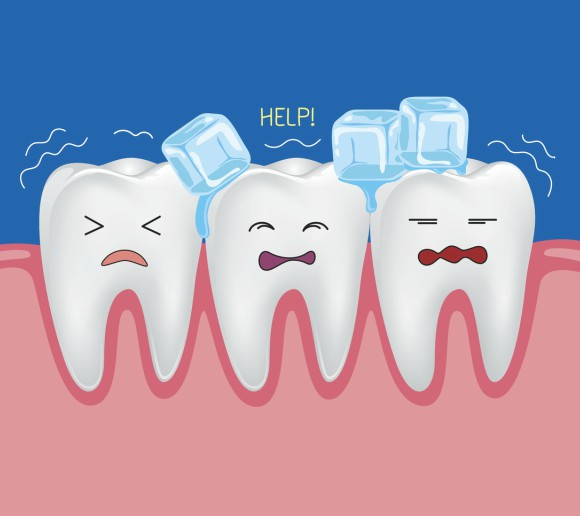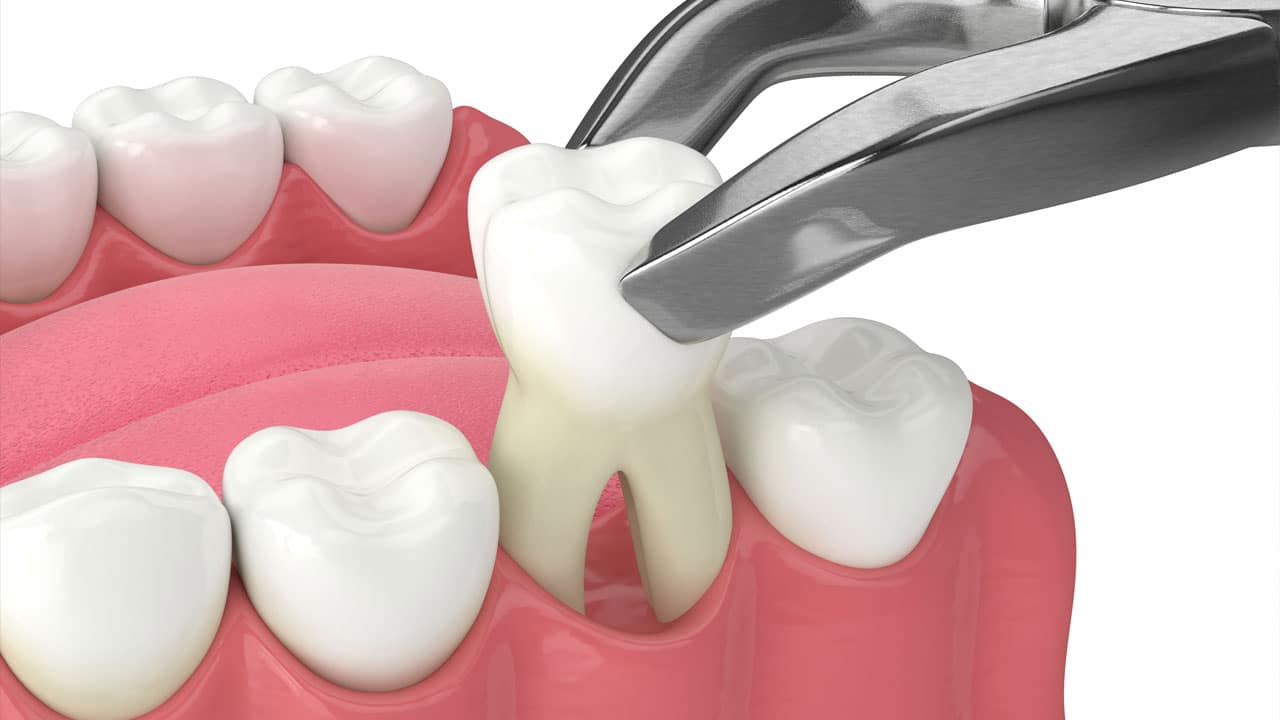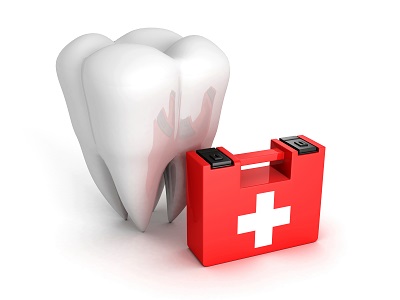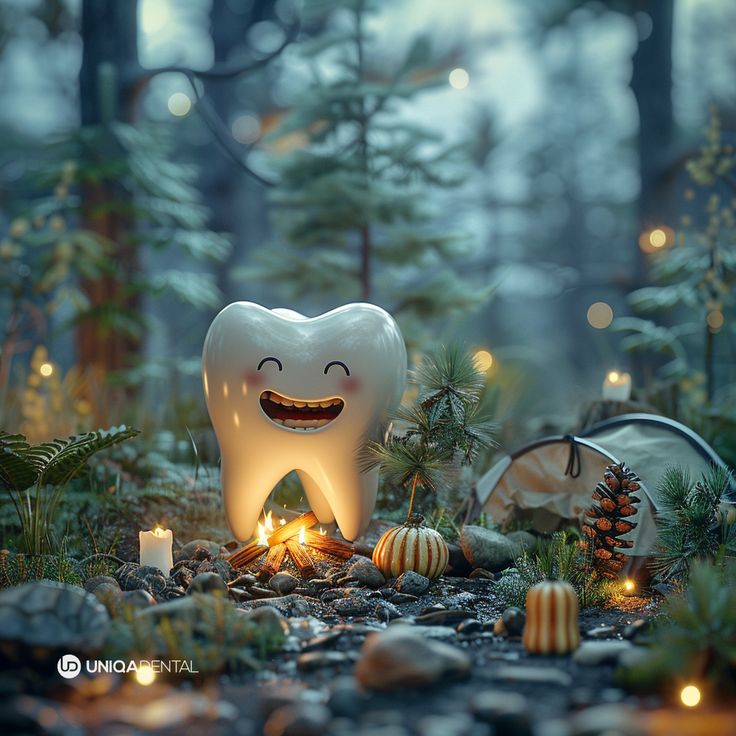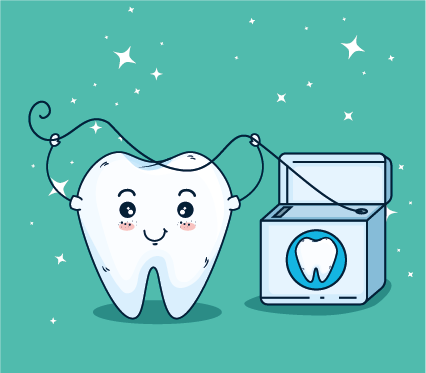Tooth sensitivity is a common dental problem. If you experience pain/discomfort in your teeth when eating a certain type or temperature of food, don't ignore the problem first. Tooth sensitivity can be a sign of a more serious oral health problem, so you need to see a doctor in time to prevent it from getting worse. condition and do not need intensive dental intervention in the future.
The causes of tooth sensitivity are: bruxism
Under the international name, bruxism is an unconscious act of grinding and grinding the teeth. This can happen during sleep or during the day. Clenching can be caused by stress, which is a common cause of tooth and jaw pain. The added pressure on the teeth when clenching can cause individual or multiple teeth to become hypersensitive to external irritants such as temperature, chewing, and scratching. In the long term, the wear and tear caused by bruxism can wear down your enamel, making you more sensitive. , such as sleep apnea and upper airway resistance syndrome.
Wearing a night guard can help reduce tooth damage and prevent further sensitivity. It's important to have your dentist fit your guard to your individual needs, as standard over-the-counter night guards can exacerbate TMJ problems and cause malocclusion, which affects your appearance. Too aggressive tree
Brushing your teeth thoroughly is important, but brushing too hard and too hard can cause wear and tear, leaving the underlying tooth nerve vulnerable. To avoid this, you must use a soft toothbrush and hold it at a 45-degree angle to the gums. For more in-depth information, you can read the following article.
Another great tip is to avoid abrasive toothpastes.
Dental caries as a cause of sensitivity
Tooth decay is the destruction of enamel due to plaque bacteria. This can cause sensitivity in just one tooth, or several if there are multiple areas where the decay is occurring. If you don't have this problem, cavities can still spread and affect the deeper layers of the tooth. A problem that starts with sensitivity can later turn into an infection or cause tooth loss.
To treat cavities, your dentist will remove the damaged portion of the tooth and replace it with a filling that matches the color of the tooth. A crown may be necessary in severe cases.
Gum disease
If tooth decay continues to progress, it can lead to gum disease. This happens when a build-up of plaque begins to harden under the gum line and become tartar. Unlike plaque, tartar cannot be removed at home and requires a professional cleaning.
Gum disease can be treated by your periodontist, depending on your specific circumstances. This usually involves a combination of in-clinic cleaning and at-home dental hygiene.
When to consult a dentist about tooth sensitivity
Because tooth sensitivity can be a sign of a more serious oral health problem, it's important to bring your concerns to the dentist quickly. If the toothache is accompanied by difficulty swallowing, rapid heart rate, confusion and/or high fever, you should seek immediate medical attention as these may be signs of infection.
"Dunblanshi" offers high-quality dental services to solve any dental problem. We can find the cause of your sensitivity and treat it so you can enjoy your favorite foods again and get back to your normal lifestyle.
Contact us today to schedule an appointment to discuss tooth sensitivity.


